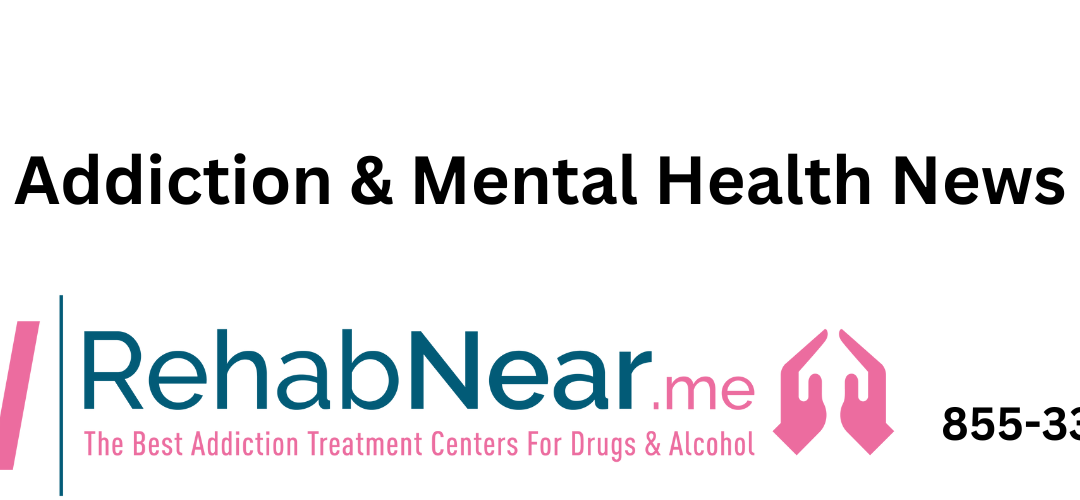A breakthrough project mapping brain changes in nearly 1,300 people diagnosed with six different types of mental illness has revealed the extraordinary diversity of brain changes found in people with conditions like major depression and schizophrenia.
The study, published in Nature Neuroscience and led by researchers at Monash University’s Turner Institute for Brain and Mental Health and School of Psychological Sciences, used brain imaging to measure the size, or volume, of over 1000 different brain regions.
PhD student Ashlea Segal was part of the team leading research.
“Over the past few decades, researchers have mapped brain areas showing reduced volume in people diagnosed with a wide variety of mental illness, but this work has largely focused on group averages, which makes it difficult to understand what is happening in the brains of individual people,” said Ms Segal.
“For example, knowing that the average height of the Australian population is about 1.7 meters tells me very little about the height of my next-door neighbor.”
Research team lead Professor Alex Fornito explained that the team used new statistical techniques developed by Professor Andre Marquand at the Donders Institute, Netherlands, who co-led the project, to map regions in the brain showing unusually small or large volumes in people diagnosed with either schizophrenia, depression, bipolar disorder, obsessive-compulsive disorder, attention-deficit hyperactivity disorder, or autism spectrum disorder.
A recent groundbreaking study on News-Medical sheds light on the astonishing diversity of brain alterations in people grappling with mental illnesses. The research delves deep into the intricate neurological transformations within these conditions, marking a significant leap forward in our understanding of mental health.
The study, which explores the brains of individuals with various mental health disorders, reveals an intricate tapestry of changes, emphasizing the complexity of these conditions. The findings underscore the uniqueness of each person’s brain response to mental illness, from structural variations to neural pathway shifts.
In light of these remarkable revelations, RehabNear.Me extend a compassionate call to action. If you or someone you know is navigating the challenges of addiction, seeking help is a pivotal step toward recovery. Our dedicated team is here to offer guidance and support, tailoring solutions to individual needs.
If you or a loved one is struggling with addiction, don’t hesitate to ask for assistance. Contact RehabNear.Me at 855–339-1112 to connect with professionals ready to provide the care and resources needed to embark on recovery. Your journey towards a healthier, more fulfilling life begins with a simple phone call.








